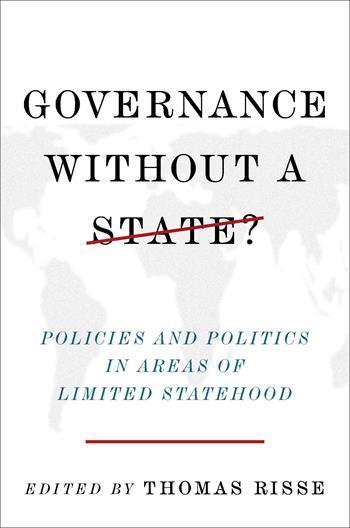State-Building or New Modes of Governance? The Effects of International Involvement in Areas of Limited Statehood
Ulrich Schneckener – 2011
Since the beginning of the twenty-first century, state building has become (again) one of the key tasks for the international community.¹ In contrast to earlier historical periods, state building does not address the establishment of new states, but the shaping and strengthening of the state’s capacities to fulfill basic functions and to respond to the needs of its citizens, be it in the area of internal and external security, the delivery of basic public services, the quality of public administration, or the rule of law. Here, international involvement and interventions by external actors differ to a great extent regarding missions,...
Titel
State-Building or New Modes of Governance? The Effects of International Involvement in Areas of Limited Statehood
Verfasser
Verlag
Columbia University Press
Ort
New York
Schlagwörter
Teilprojekt C1
Datum
2011
Kennung
ISBN 978-0231151207
Quelle/n
Erschienen in
Risse, Thomas (ed.): Governance without a State? Policies and Politics in Areas of Limited Statehood, New York, NY: Columbia University Press, 232-261.
Sprache
eng
Art
Text



